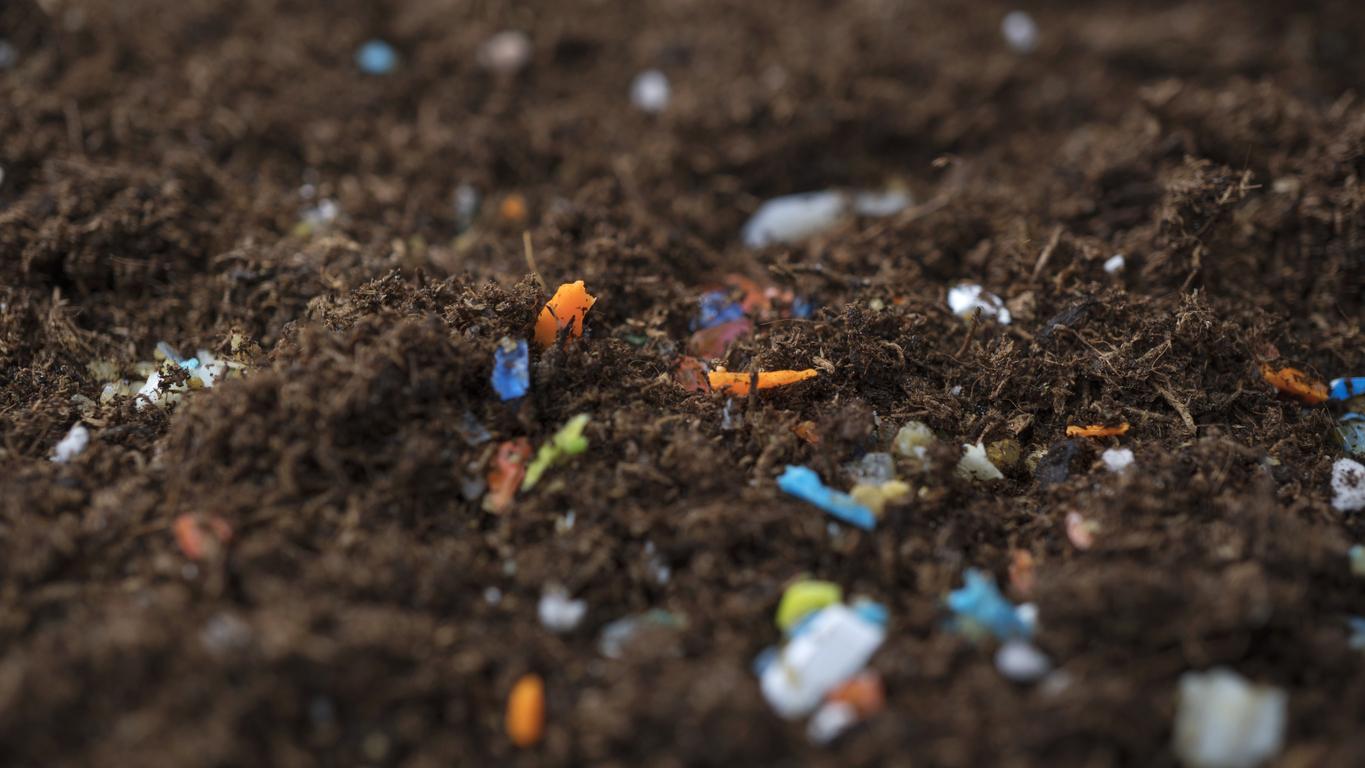The pesticide chlordecone causes premature births and cancer. According to specialists, the pollution of the Antilles should last several more centuries.

Chlordecone is still wreaking havoc in the French West Indies. 20 years after the ban on this pesticide, Guadeloupe and Martinique people are still exposed to this health hazard. This January 16, theInstitute of Health and Medical Research (INSERM) adds a new scourge to the long list of side effects: prematurity. What is now called a “health disaster” could last for generations.
Pollution 60 cm thick
the chlordecone was used between 1972 and 1993 in the West Indies to eradicate banana weevils. In 1976, the United States banned it after the explosion of a factory that used it. 20 years later, France reacts, but the damage has already been done. Known for its extreme stability, the pesticide remains active even after it is stopped. It would persist for up to 7 centuries in the environment, according to Jean-Yves Le Déaut, PS deputy, doctor in biochemistry and author of numerous reports on this subject.
West Indian soils are polluted with chlordecone. In 2009, theHealth Security Agency (Anses) estimated that they were contaminated at a depth of 30 cm in Guadeloupe, 60 cm in Martinique. The insecticide is also trapped in the silt of estuaries. With each storm, an additional dose is released into the rivers and the sea. To such an extent that fishing for mangrove crab and estuary fish is prohibited.
Drinking water, polluted soils and ocean
This chlordecone pollution reaches the entire Caribbean food chain. Water, drawn from polluted soil, the animals which feed on it, the fish which live in a soiled sea … We find traces of the pesticide even in breast milk! The direct consequences on the health of Martinique and Guadeloupe are serious.
From cancer to psychomotor retardation
Successive studies have taken stock of the harmful effects of chlordecone, toxic and irritant. Since 1979, it has been classified as a “possible carcinogen” by theWorld Health Organization (WHO). It causes cancers of the lips, ovaries, skin, brain, prostate, breast and blood. A proven endocrine disruptor, it also causes a decline in male fertility. In pregnant women, it increases intrauterine mortality, retards fetal growth and causes malformations.
Young children are affected by the neurotoxic effects of the product: delay in psychomotor development and the speed of acquisition of visual memory, reduced visual interest in novelty. In adults, chlordecone is associated with an increased number of attempted suicides and cases of Parkinson’s. Around 80,000 Guadeloupe residents are believed to be affected by this pollution, and countries around the world still use this insecticide.
.
















